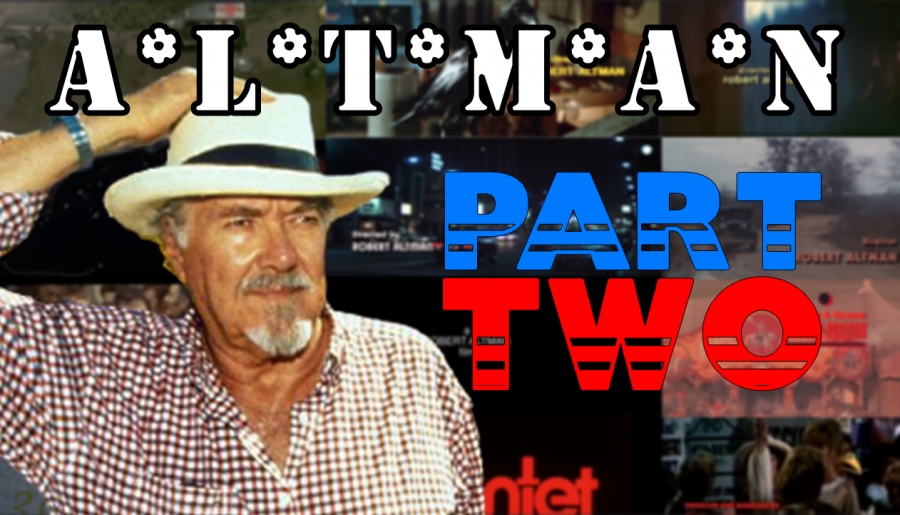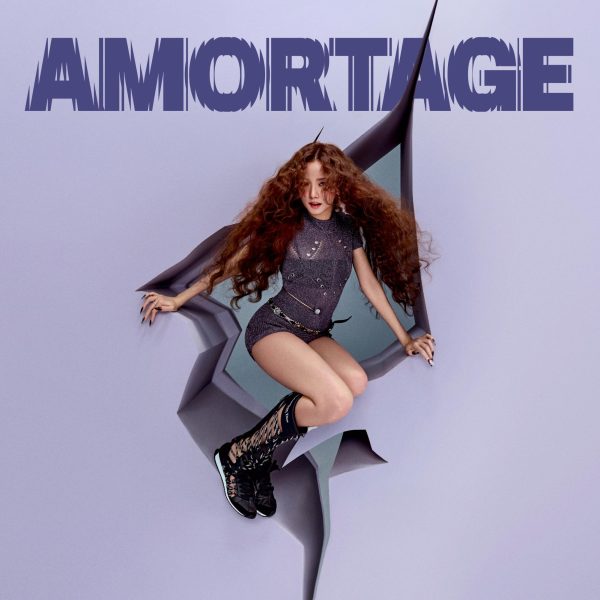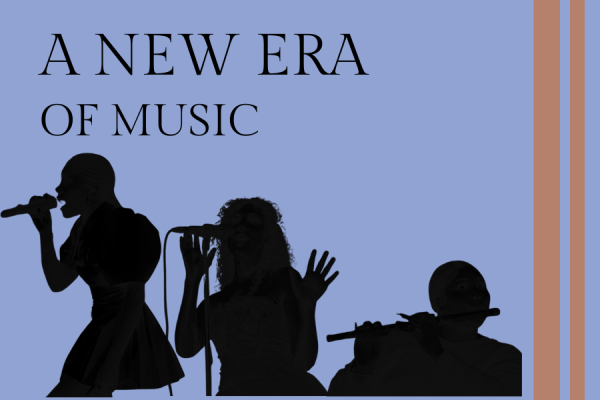Robert Altman: The Greatest Director of the ‘70s (Part Two)
Film director Robert Altman had a varied and fascinating career, and in this article we explore the second half of his 1970s work.
This piece is part two of a two part series. Read the first installment here.
California Split (1974)
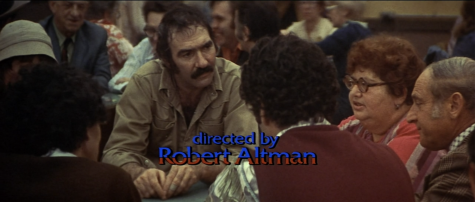
California Split is similar to Thieves Like Us in its lack of experimentation and low-key vibe. While it tends to be overlooked when it comes to discussions of Altman’s filmography, it’s still excellent today. Thankfully, its popularity has increased over time, and many fans consider it to be one of his best films. It is pretty great, certainly not as mind-blowing or incredible as his other work, but still worth watching. The film, much like McCabe, centers around a duo (Elliot Gould and George Segal) who gamble, flirt, and get in trouble in Reno, Nevada, and Los Angeles. Altman didn’t really make personal films, per se, more so movies that reflected his worldview. California Split comes the closest to a personal statement, more than anything else he would make.
Altman was a compulsive gambler, and the attention to detail when it comes to the game’s minutiae feels very realistic. If any film should win an Academy Award for extras casting, it’s this one. The gamblers that Gould and Segal face are ugly, odd, and convincing, and not a single one feels “Hollywood” in any way. There’s a bizarre scene where what I think is a transgender character appears, and it’s handled surprisingly well for a film this old. Altman’s filmmaking is realistic and almost documentary-like, populated with real people and real locations. You can almost smell the cheap booze and cigarettes through the screen. The film sags somewhat in the middle and isn’t terribly exciting, but once you slip into the film’s seedy world, it becomes truly excellent.
Best performance: Gould has the showier role, but Segal is the unsung hero of this unsung movie. He’s quiet, dignified, and his chemistry with Gould is electric. Jeff Goldblum also appears in his second movie role, and he has a very short scene. Goldblum is one of my favorite actors, and he would later go on to have a much larger role in Altman’s follow-up, his most critically acclaimed film.
Nashville (1975)
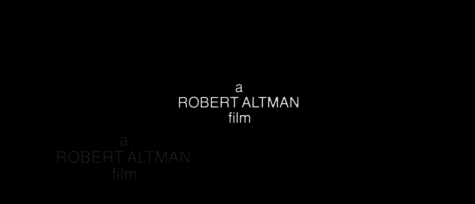
Nashville is Altman’s masterpiece, encapsulating everything he had been trying to do throughout his esteemed career. After its release, he floundered somewhat, trying to recapture its success. But the film was lightning in a bottle, a movie that could only have been made in 1975 with the exact cast and crew involved. One of the reasons why I love older movies is because watching them is the closest thing I can get to time traveling. I wouldn’t want to live in Nashville in 1975, but I would want to see what it was like. Nashville provides the next best thing: presenting us with a cavalcade of realistic, well-written characters over the course of its nearly three hour run time. While on the surface, it’s the story of several characters intertwined in the country music industry, it’s about so much more: touching on relationships, capitalism, and the malaise that hung (and still hangs) over the US population.
The city itself isn’t portrayed glamorously, as its music industry is filled with scumbags and opportunists. This was one of the reasons that many real country music artists disliked the film, and another reason being that none of the actors were proper country stars. The actors wrote and recorded their own music, and Keith Carradine’s I’m Easy even won the Oscar that year, for best original song. The songs range from excellent, like Carradine’s work, to believably mediocre, like the music sung by Karen Black, and finally, to downright unlistenable, like the songs of Haven Hamilton, a hideously garmented hack whose patriotic song opens the film.
The other major force in Nashville is politics. Fictional presidential candidate Hal Phillip Walker’s promotional car rides through town, blaring empty statements, priming everyone for a large rally to take place in the center of town. It is at this rally that all the main characters converge and witness the horrifying, uplifting, and sad climax, which I won’t spoil. Ned Beatty and Michael Murphy, two of the finest character actors, play campaigners for Walker, and one gets the feeling while watching that these sleazy businessmen aren’t too different from the country artists.
It’s filmed like a documentary, and at times, the lines blur between reality and fiction, as real-life Altman collaborators Elliot Gould and Julie Christie appear as themselves. No two characters are alike, and none could be considered a main character. The connecting thread, however, is Barbara Jean, an emotionally fragile country star. There are several other musicians who either want success or already have it, from Keith Carradine’s handsome heart-throb Tom to Gwen Welles’ Sueleen, an untalented hopeful who is humiliated by the musical elites. There’s only one exception, that being that the cast contained no professional musicians.
That’s not a problem, as the songs here are surprisingly good. The other characters range from opportunists like Jeff Goldblum’s Tricycle Man and Geraldine Chaplin’s idiotic reporter, to mysterious figures whose exact purpose remains unknown until the very end, like Scott Glenn’s soldier and David Hayward’s violinist. There’s not a single false moment, and as the movie ends, you realize that for a few hours, you saw what it meant to be an American in the ‘70s.
Best performance: Every single performance is excellent in Nashville, but I’ll attempt to narrow it down to just a few. Ronee Blakely is the thread that ties the whole film together, and her onstage breakdown is one of the saddest moments ever put on film. Keith Carradine plays the moody heart-throb Tom Frank, and his performance of I’m Easy is a masterpiece of visual filmmaking and acting. All the characters in the scene communicate so much with nothing but their eyes, and in particular, Lily Tomlin has a quiet dignity that fascinates Tom. Gwen Welles plays an untalented singer who tries to make it, and her final scene is absolutely heartbreaking. I could go on all day about the performances in the film, because that’s how good everyone is. Not a single moment is out of place, and every actor is at their best.
After Nashville, Altman could do anything. He had experienced that rare beast in Hollywood: a film that was both critically and commercially successful. His follow-up seemed like a surefire hit, a combination of several elements that had been previously successful. It was a western starring a huge star, like McCabe and Mrs. Miller, an ensemble-led satire like Nashville, and a genre parody like The Long Goodbye and M*A*S*H. It even starred Shelly Duvall, Bert Remsen, Robert DoQui, and Geraldine Chaplin, who had previously been in his 1975 masterpiece. The star was Paul Newman, arguably the biggest star of 1970s cinema. What could go wrong?
Buffalo Bill and the Indians (1976)
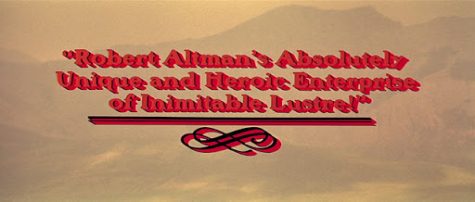
Well, Buffalo Bill and the Indians went wrong, emerging as a messy, loud, and long film proving that Altman’s style didn’t always work. Altman’s strength was never really comedy, but for whatever reason, he doubles down on this element in Buffalo Bill and the Indians. Overall, the movie just feels dusty, both visually and thematically. The flat visual style and slow, plodding story leaves the characters unmemorable, with the greatest sin of all in Altman’s character-centric style. Far too much time is spent on the title character’s circus variety show, which kind of defeats the point of a western, being a genre that’s supposed to showcase beautiful, sweeping vistas. It feels like a half-baked TV movie. Needless to say, Altman’s second western was nowhere near as successful as McCabe and Mrs. Miller, critically, commercially, or artistically. It’s the first Altman movie that truly feels like a cash-in: an Altman movie on autopilot.
3 Women (1977)
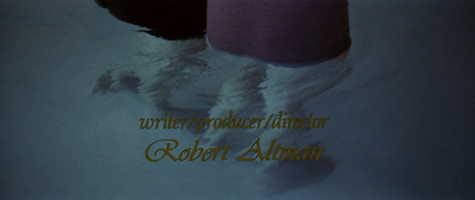
3 Women saw Altman return to the style he attempted in Images, albeit without the more straightforward thriller elements presented in that film. I went into 3 Women expecting something more psychological, but 3 Women instead plays out more like California Split, but with women. For much of its runtime, it’s a simple character drama with some light surrealist touches, but as the third act begins, it takes a turn with a strange twist that’s never fully explained. The movie seems to be trying to say something, but it never really does. Definitely not helping is the discordant score by Gerald Busby. Altman’s films were always creative with music and sound, whether it was Nashville’s wall-to-wall country music, The Long Goodbye’s single theme repeated endlessly in different contexts, or Thieves Like Us and its vintage radio broadcasts.
But 3 Women almost takes the experimental sound approach too far, with Busby filling the soundscape with random and ill-fitting flutes and oboes. The unappealing score is something it shares with M*A*S*H (where besides this, the two share nothing in common beyond a director), which had a goofy, jaunty score filled with gongs and chintzy horns. But at least M*A*S*H had a fantastic theme song. Despite this, the characters are quite realistic, and the setting, a dusty and sun-bleached elderly care home, feels fully realized. As usual, the performances are excellent. It’s a frustrating movie, but fascinating nonetheless.
Best performance: Despite the title, 3 Women focuses more on two women, those being Sissy Spacek and Shelly Duvall. The third, Janice Rule, is on the outskirts of the film for most of its running time, and her purpose is unclear even as the credits begin to roll. As always, the MVP is Shelly Duvall. Watching her in these Altman movies is wonderful, and she has her biggest role to date in this film. Her character is quite the chatterbox but she’s never annoying. If you only know her as Wendy from The Shining, you should definitely watch this.
A Wedding, a blatant attempt to reverse engineer the elements that made Nashville a success, is currently unavailable on streaming and video on demand, and the DVD costs a boatload of money. This is one I’ll have to skip.
Quintet is the black sheep of Altman’s ‘70s work, a strange and austere sci-fi movie starring Paul Newman. I decided not to write about this one because I haven’t yet watched it. I also doubt it would add much to my overall appreciation of Altman’s filmography.
A Perfect Couple, Altman’s last film released in the ‘70s, is unavailable on any streaming service and also currently out of print on Blu Ray or DVD.
Now that I’ve seen all but three of Altman’s ‘70s movies, I can now rank them, from not that good to one of the greatest films ever made. This list will probably change as my tastes evolve, and one day, when I see Quintet, A Wedding, and A Perfect Couple, I’ll update the list in the comments, assuming I remember.
10. Buffalo Bill and the Indians
9. The Long Goodbye
8. 3 Women
7. M*A*S*H
6. Images
5. California Split
4. Thieves Like Us
3. McCabe and Mrs. Miller
2. Brewster McCloud
1. Nashville
Overall, I’ve thoroughly enjoyed my time in Altman land. Even his failures are interesting, and when he hits, he really hits. His best films perfectly mix humor and tragedy, all while maintaining a loose, improvisational feel that never feels off. The visuals are unforgettable but never feel rehearsed, as though Altman decided to randomly film these characters while they went through their everyday lives. His less successful films take this to the extreme, with the storylines feeling hopelessly sketchy and the visuals ugly or flat. I’d recommend all of his ‘70s films with the exception of Buffalo Bill and the Indians. I didn’t care much for The Long Goodbye, but others seem to love it, so I’d still offer it up for those interested.
Altman never really hit his ‘70s heights again, at least not for a particularly sustained period of time. In the ‘80s, he mostly made filmed plays, the best of which is the one man show Secret Honor. These films are solid, although they are certainly lacking in comparison to his golden years. His ‘90s work comes the closest to the old magic, especially 1992’s The Player, one of his best films and the first Altman movie I ever watched. It’s a genius satire, and honestly, if you want to get into Altman, it’s the one to watch. It certainly stands up to his ‘70s output, as does 1993’s Short Cuts, a sort of Nashville for LA. It’s unsurprising that Altman had his comeback in the ‘90s, as more and more young filmmakers started discovering his work and co-opting his style for their own films.
Case in point was Paul Thomas Anderson, whose Magnolia is extremely similar to Nashville and Short Cuts, both in story structure and actors. Anderson even helped Altman out as an assistant director when Altman made A Prairie Home Companion, his final film. The ‘70s were his best decade, but the ‘90s come pretty close, and the ‘80s and 2000s aren’t half bad either. So go check out some Altman movies, and have a good time.
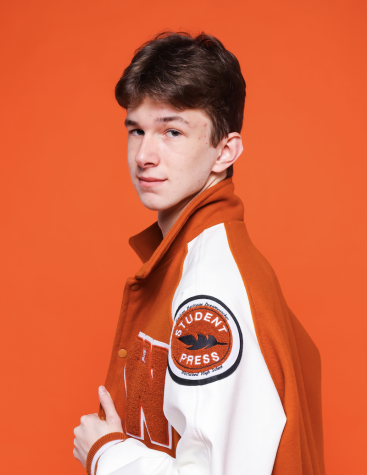
Class of 2023
I am currently Westwood Horizon's video editor, and also one of the hosts of Friendcast, our website's podcast video series. In addition...

